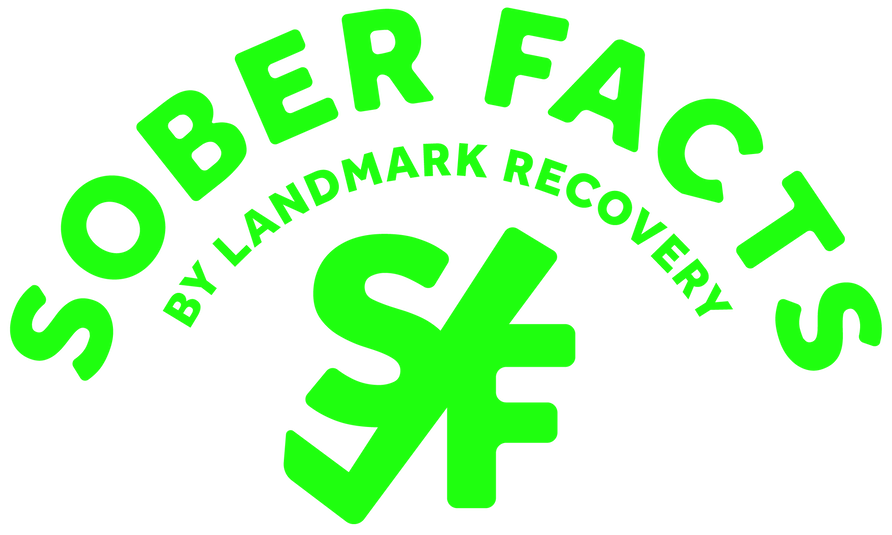Choosing recovery close to home means your support system is just a few miles away.
- 100% Confidential
- Available 24/7
- No Pressure to Commit
- Multiple Financial Options Available
Choosing recovery close to home means your support system is just a few miles away.

Sounds Like: VIE.ko.din
Classification: Opioid
Controlled Substance Act Schedule: Schedule II
Other names for Vicodin
Vicodin is deceptively addictive inasmuch as many don’t think they’re getting addicted as they’re using. That’s why, as of 2019, over 5 million people of ages 12 and up had misused hydrocodone products within the past year according to the National Survey on Drug Use and Health. Prolonged use creates an almost imperceptible tolerance for the medicine, which is how it creates dependency gradually.
As tolerance increases, withdrawal symptoms intensify between uses. Each high subsides a little sooner than the last, and at the end of each high, there’s an increasing risk of withdrawal experience if one doesn’t use again soon enough. Those withdrawal symptoms are not only getting more intense but also waiting for when the user runs out of medicine. When Vicodin’s no longer available, many users find it unbearable to endure withdrawal because its intensity has been accumulating as their use has been increasing in frequency due to growing tolerance.
The intensity of those symptoms can last hours if not days after the last time a person used.
Need help with Vicodin or another drug addiction?
Call Landmark Recovery and speak with an admission specialist today.
Call NowWe're available 24/7 to help you find Recovery
Vicodin is an opioid generally prescribed to relieve fairly intense pain. Such prescriptions are typically doled at after something like surgery or, perhaps, labor and delivery. Physicians intend that the drug be used for a very short period of time. According to S. Monty Ghosh, M.D., assistant clinical professor at the University of Alberta, “There is limited evidence that opioids are useful for chronic pain, and once a physician cuts off a prescription, patients with escalating Vicodin use often turn to the streets to get drugs.”
Vicodin is taken in the form of a tablet. Users swallow the pill to ingest it. There are virtually no other commonly used routes of administrating the drug to a patient.

Inability or unwillingness to stick to prescribed usage guidelines
Craving prescription refills
Use of Vicodin without first feeling pain return
In 2019, Vicodin was was the 15th most commonly prescribed medication in the United States with over 30 million prescriptions written.
There’s no market for Vicodin in the United Kingdom; however, the similar combination of codeine and paracetamol is sold there as codamol.